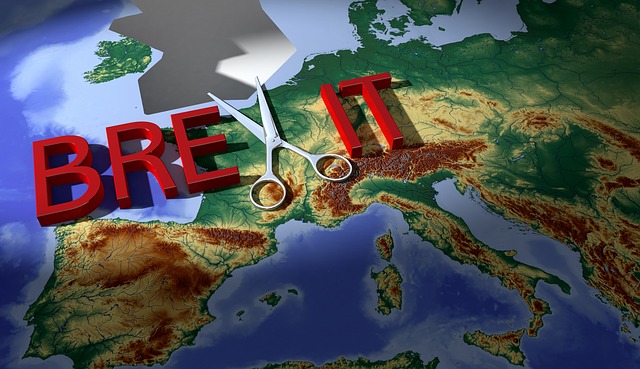
The British departure from the EU without a deal could put 600,000 jobs around the world at risk, with Germany facing the brunt of it, a study said on Monday.
Researchers at the IWH institute in Halle, eastern Germany the affect if UK imports from the remaining EU member states fell 25% after Brexit.
They reckoned that about 103,000 jobs would be under threat in Europe’s largest economy, Germany, and 50,000 in France.
However, economists have said that being affected by Brexit would not necessarily mean workers were laid off.
“Given the lack of skilled labour in many advanced economies, firms could also try to keep staff on by cutting hours or opening new markets,” they said.
It is highly uncertain whether Britain would strike a deal with the EU before its legally binding exit date of March 29, after a huge majority of legislators in January voted down Prime Minister Theresa May’s painstakingly negotiated accord with Brussels.
Oliver Holtemoeller, study author said that a hasty departure without a deal would see tariffs imposed at the border, “tangling up global supply chains”,
The economists focused only on trade in goods and services, leaving out other possible economic impacts of Brexit such as changes in investment flows.
They noted that “since markets are linked up across the globe, suppliers based outside the EU are also affected” by a no-deal Brexit.
Within the 27 remaining EU countries, almost 180,000 posts at firms directly exporting to the UK would be at risk. But 433,000 more workers in the EU and around the world would be affected, as their employers sell to companies that in turn export to Britain.
Study even shows that around 60,000 workers in China and 3,000 in Japan could lose their jobs.
But a study published early in 2018 by research firm Cambridge Econometrics estimated that a total of 500,000 British jobs would be at risk if there is no deal.
In European powerhouse Germany, the vital car industry would be affected the most with 15,000 jobs, many of them in Volkswagen company town Wolfsburg and at BMW’s factory in Dingolfing.
By contrast, France’s service sector would be the worst hit, the IWH study found.



